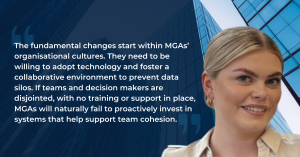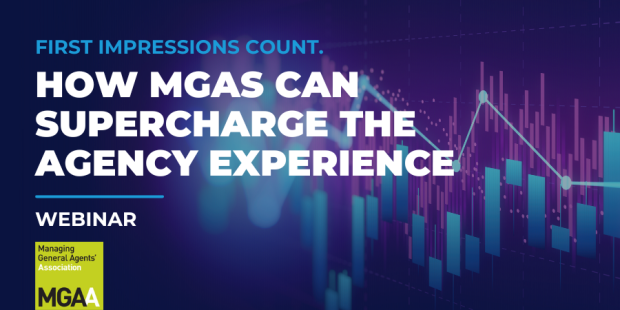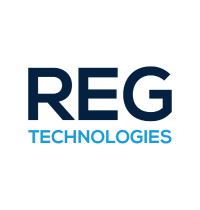Enhancing Onboarding Efficiency for MGAs: How RegTech Streamlines Compliance
With constant economic uncertainties and a fluctuating political landscape, MGAs (Managing General Agents) are now faced with bigger regulatory and compliance burdens than ever before. Clyde & Co reports that 50% view the increase in compliance obligations as an obstacle to entering the market. These burdens significantly hinder MGAs' capacity to start new business relationships with potential trading partners, halting growth and slowing innovation. 66% of insurance and financial services firms believe that regulatory and statutory obligations inhibit starting new business relationships, which in turn affects profitability. This is why it is imperative for MGAs to leverage new innovative technology that reduces regulatory challenges and facilitates streamlined onboarding of partners...




















